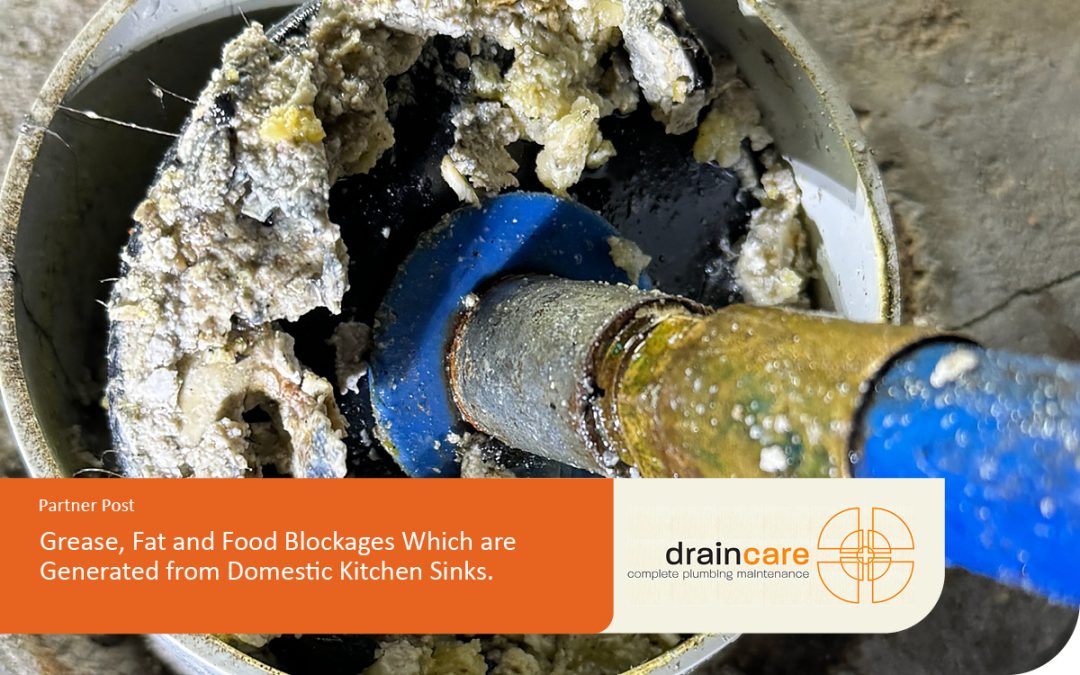All domestic kitchen sinks are something that are used on a daily basis and more often than not multiple times per day.
Due to the common use and its function, there is a greater than normal risk that this may block up.
During washing and cooking, you are guaranteed to wash down food items, grease and fat from cooking products, which can impact on this.
This can have a severe effect on the internal bore of your drains and over time solidify causing a blockage to occur.
When any grease and fats are poured down a kitchen sink they will often solidify when they cool down and form a thick solid blockage to occur.
Normally in a body corporate scheme, these drains can often service more than 1 lot and impact on your neighbours and cause overflow with this sometimes being internal within a lot.
The mess and resultant damage this can cause, can often be extensive and sometimes costly to repair.
In some instances where a building is older, corroded galvanised steel pipes can sometimes be greatly affected due to the grease, fat and food scraps becoming caught on the rough inside diameter of the pipe.
It is important that all households be made aware of the above issues and control the amount of grease, fat and food scraps that go down their kitchen sinks.
One control measure is to introduce some boiling hot water down the kitchen sink waste pipes on a weekly basis to help cleanse and flush through any deposits that may be left as a result or “Normal” usage for any domestic kitchen.
The above image shows grease and fat on a plunger rod that was found within a common sewer gully within a garage shared by 3 lots.
Please note: it always pays to be proactive rather than reactive.
